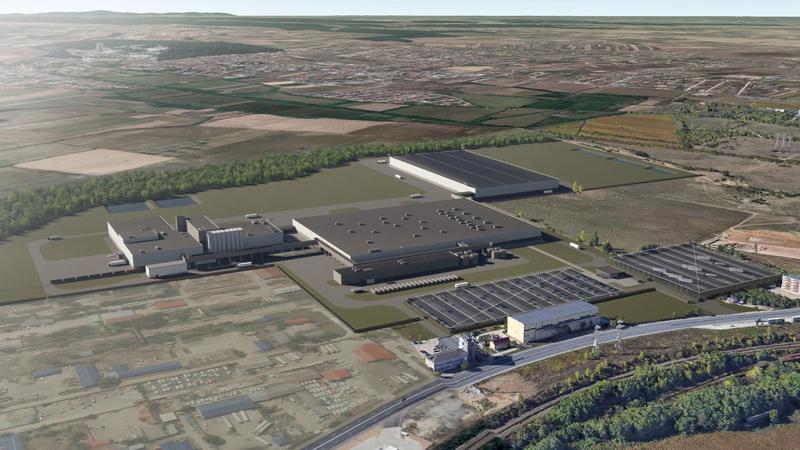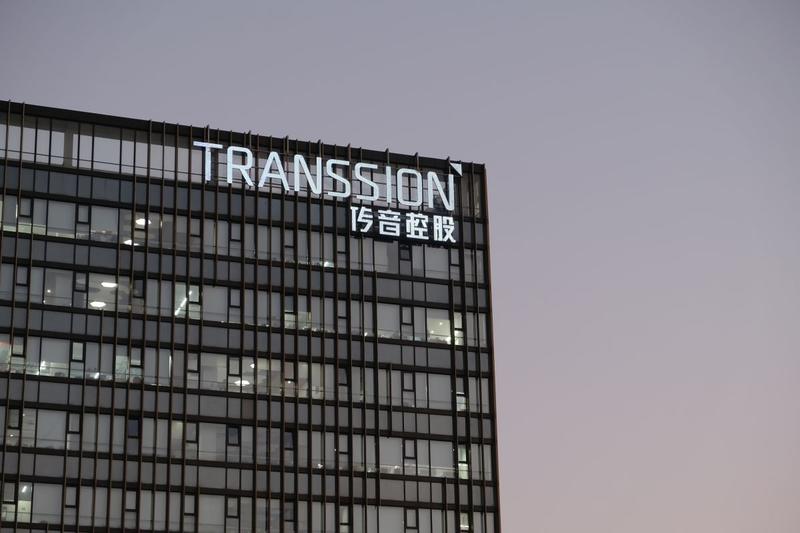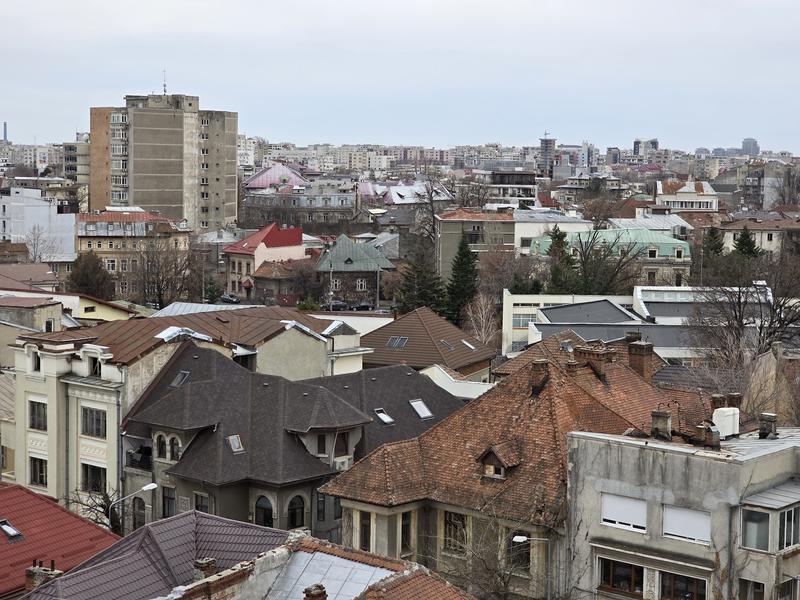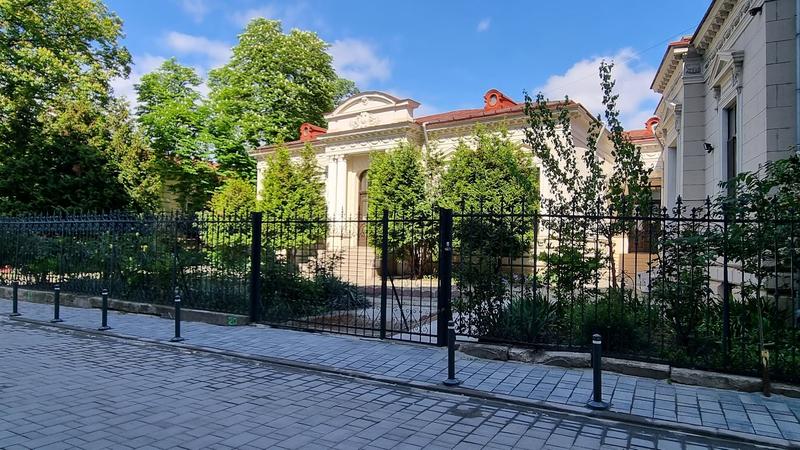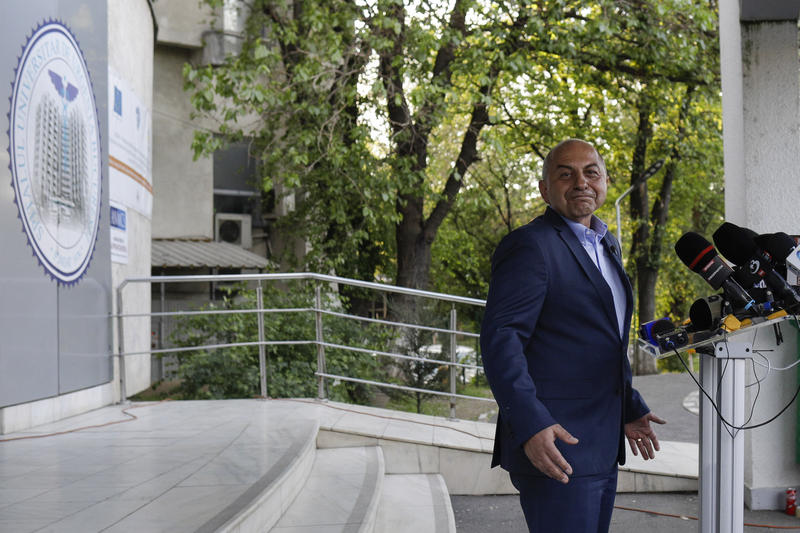Romanian newspapers on Friday tackle a lack of major events in Romania this days with investigative reports dealing with everything from floods to shady economic deals. And they turn the main issue of the day – a wave of inquiries launched by the National Anti-Corruption Department (DNA) – into a confrontational show.
Evenimentul Zilei tries to nail the main causes of the floods that affected huge swaths of the Romanian banks of Danube. It writes that Romania is paying now for the record agricultural productions of the Communist era, when authorities ordered the strangling of Danube and destroyed local vegetation in order to make room for crops.
And it challenges the procedures by which the Communist regime ordered cheap dykes and dams be built along the Danube in such a rushed manner that more such barriers against rising waters were built in 1963-1967 than during a period of decades that started back in 1911, when a first modern dyke was built.
From the same Communist era come many of the cars seen on Romanian roads today as "four wheeled coffins" contribute substantially to the traffic inferno in cities across the country, according to Gandul. The newspaper reports that only 40% of cars that undergo regular technical checks for the first time pass these tests.
The rest are rejected – and half of them are more than 15 years old. So they’re older than Romanian democracy and still have had no technical checks so far.
The same Gandul newspaper also considers the ongoing process of privatization among natural gas and electricity distributors in the country, which may prove another "bad deal" for Romanians.
It quotes official sources who say that after the privatization of Distrigaz Nord and Sud and some electricity providers, nothing has changed in terms of investments and their behavior towards clients.
So now that time has come to privatize another electricity outlet, Electrica Muntenia Sud, the Government must force investors to pay for upgrading its distribution networks, according to specialists quoted by the newspaper.
Specialists who also warn that a gas distribution, Romgaz, should not be privatized earlier than three years from now, as it is one of the few "weapons" Romania has in case the Russian provider Gazprom is threatening the market.
Cotidianul, meanwhile, focuses on an IT industrial park in the Moldovan county of Bacau, HIT, which failed to draw any investor six months since it was opened following a considerable EU investment in the project.
It quotes HIT manager Adrian Iordache, who blames the situation on the lack of trust among companies to invest in the region of Bacau, reputed to be a stronghold of a Mafia-style network of politicians and businessmen.
And the only hope for a recovery of the six million euro initial investment and for the payment of accumulated debts to the state budget is the coming of a Chinese company, due to visit the facility next week.
When it comes to the debts Romanian companies hold to the state budget, Evenimentul Zilei reports that while the number of debtors is down, the volume of unpaid money is up by 15% after Q1 of 2006, according to data from the Finance Ministry.
The debt of major companies rose by 0.5 billion RON in this period , while the number of big indebted companies is down by 40 to 374 firms.
Elsewhere in the newspapers, a series of warnings the head of the National Anti-Corruption Department (DNA), Daniel Morar, to influential business people and other officials yesterday are dominated by the charges brought against Steaua football club owner Gigi Becali, suspected of tax evasion related to the payment of salaries to Steaua players.
"They do their investigations and I’m having fun with them", Becali is quoted in Adevarul, who is challenging Morar to hurry up the inquiry. And Becali claims the hand of PM Calin Popescu Tariceanu is behind the judicial move against him, after the Steaua owner insulted the head of government verbally last month.
Cotidianul puts the issue in perspective and says the DNA may eventually host a "finals" between Steaua and Rapid, the Romanian teams that two months ago vainly hoped to face each other in the UEFA Cup finals.
The reason is that the institution not only targets Steaua owner Gigi Becali, but also Rapid owner George Copos, a deputy PM in the current government, accused of fraud in a commercial deal between his companies and the Romanian Lottery.
